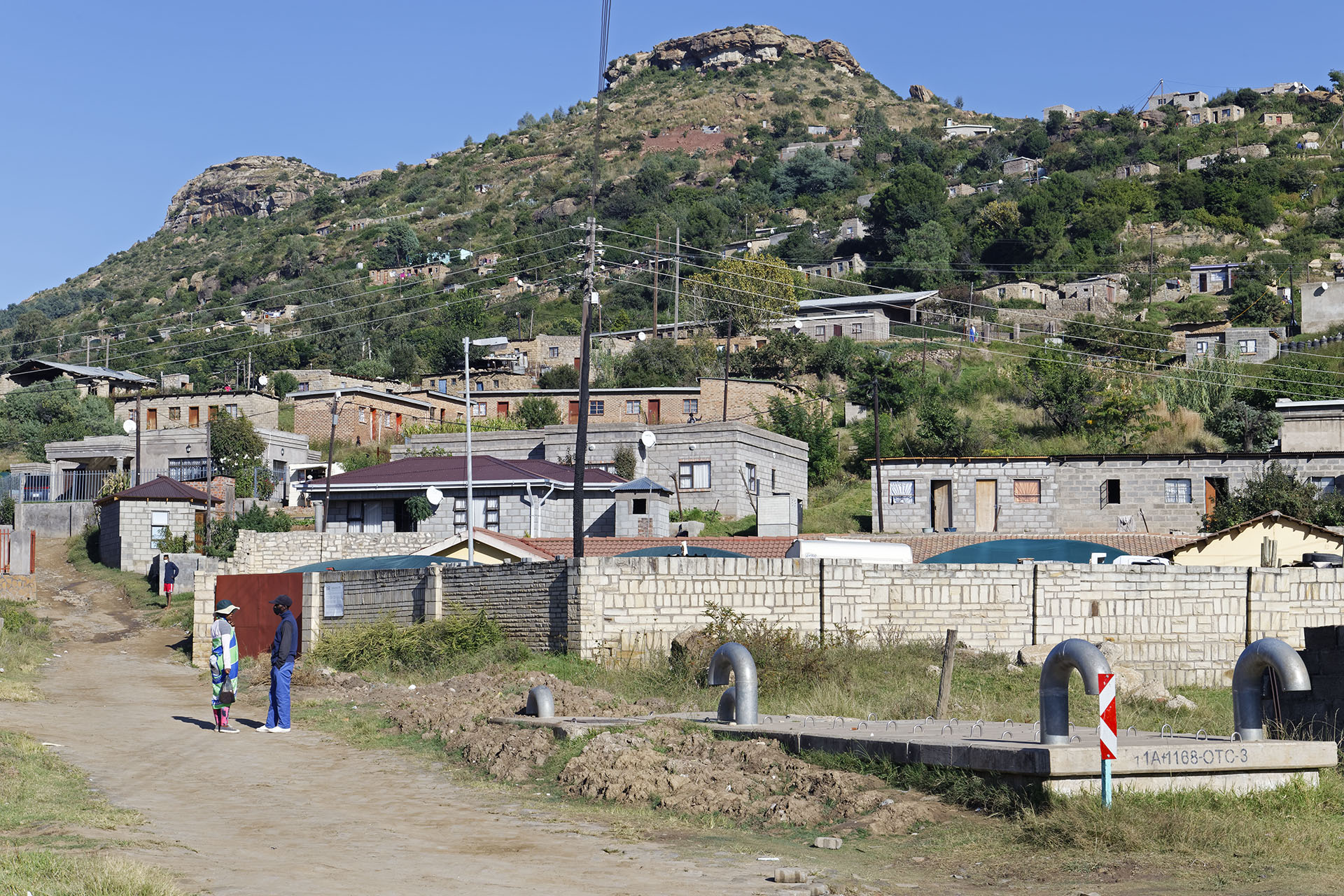I was introduced to The Fuller Project when I was consulting for the Worker Rights Consortium, which conducts independent investigations and monitors labor conditions in factories around the world. “Workers in Factory That Makes Kate Hudson’s Fabletics Activewear Allege Rampant Sexual and Physical Abuse” is my second story with reporter Louise Donovan.
As I was speaking to some of the workers at Hippo Knitting, I could sense the emotion—the pain, desperation, and hopelessness—in their voices, especially those who were directly affected by the harassment they were experiencing in the factory every day. Their situation fueled me to keep going, knowing that telling their story through us would give them a better, fighting chance.
I remember the story of the woman who was made to crawl on the factory floor for being late. She had a knee injury that the crawling made worse. On the phone, her voice shook, and I could hear that she was trying to hold back tears. Another woman was being sexually harassed by her supervisor, and rather than being disciplined he was merely shifted to another line.
Many women like them typically do not have a voice. They are oppressed and abused by the very people who are supposed to protect them, they told me. Because of their bravery—it took a lot of courage to tell us their stories—and because they spoke out, there are women who now sleep better at night, and abusers at the factory who were exposed and dealt with, they have told me. Perhaps other workers will follow their lead, even if their factories have not yet begun moving to protect workers’ rights.
I did most of the interviews over the phone, recording the conversations, then playing them back and transcribing them. As I was on the ground in Maseru, in some cases, I met with the workers in person, Louise would dial in, and I would translate simultaneously and later transcribe the recordings. Gathering information was challenging; the government of Lesotho doesn’t make it easy. On the other hand, workers’ unions were more forthcoming with information.
Doing the hard work to get the story improved the lives of some of the factory workers, and it affected mine, too. As an unemployed researcher, I was grateful to report this story with The Fuller Project and TIME—the work allowed me to provide for my kids and family. Being treated like part of the Fuller Project team and being published in TIME was life-changing.


 Refiloe Makhaba Nkune
Refiloe Makhaba Nkune
